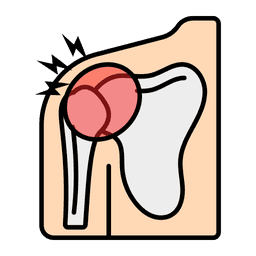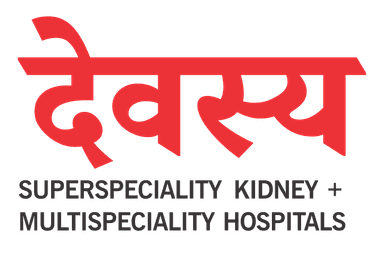Rotator Cuff Tear Treatments & Surgery
How Devasya Hospital helps to treat rotator cuff tear?
Devasya Hospital stands at the forefront of providing comprehensive care for individuals suffering from rotator cuff tears. One of the hospital's key strengths lies in its specialized diagnostic approach. This is the best hospital for rotator cuff surgery that houses a team of adept orthopedic specialists who employ advanced diagnostic techniques to meticulously evaluate the nature and extent of the rotator cuff tear. Through thorough examinations, coupled with cutting-edge imaging studies and, in some cases, arthroscopic evaluations, Devasya Hospital ensures a precise diagnosis.
Devasya Hospital prides itself on its state-of-the-art facilities. Equipped with the latest medical technology and surgical amenities, the hospital provides a conducive environment for precise and successful rotator cuff repair surgeries. This combination of the best surgeons for rotator cuff repair, personalized treatment plans, and advanced facilities enables Devasya Hospital to deliver exceptional care, facilitating the healing process for patients grappling with the challenges of rotator cuff tears. Through their commitment to excellence and patient-centric approach, Devasya Hospital remains a beacon of hope for individuals seeking effective solutions for their Rotator Cuff Repair Surgery.
FAQs
A rotator cuff tear is a condition characterized by damage or tearing of the tendons and muscles that make up the rotator cuff in the shoulder. These tears can range from partial to complete and often result in pain, weakness, and limited shoulder mobility.
Rotator cuff tears can be caused by various factors. The primary causes include aging, as tendons naturally weaken over time, and overuse or repetitive motions, such as those involved in certain sports or occupations. Trauma, degenerative changes, genetics, and lifestyle factors like smoking can also contribute to the development of rotator cuff tears.
Common symptoms of a rotator cuff tear include persistent shoulder pain, especially when lifting or lowering the arm, weakness in the affected shoulder, limited range of motion, cracking or popping sensations during movement, and nighttime pain, particularly when lying on the affected side. Muscle atrophy may also occur in chronic cases.
A rotator cuff tear is typically diagnosed through a combination of physical examination and imaging studies. Orthopedic specialists will assess the shoulder's range of motion, strength, and tenderness. Imaging techniques like MRI, ultrasound, or X-rays may be used to visualize the tear's location, size, and severity, helping to guide treatment decisions.
Yes, a rotator cuff tear can lead to long-term complications if left untreated. Without proper management, chronic pain, shoulder weakness, and limited function may persist, significantly impacting the patient's quality of life. In some cases, rotator cuff tears can lead to shoulder joint degeneration, which may necessitate more extensive interventions, such as joint replacement surgery. Timely diagnosis and appropriate treatment are essential to prevent long-term complications.



